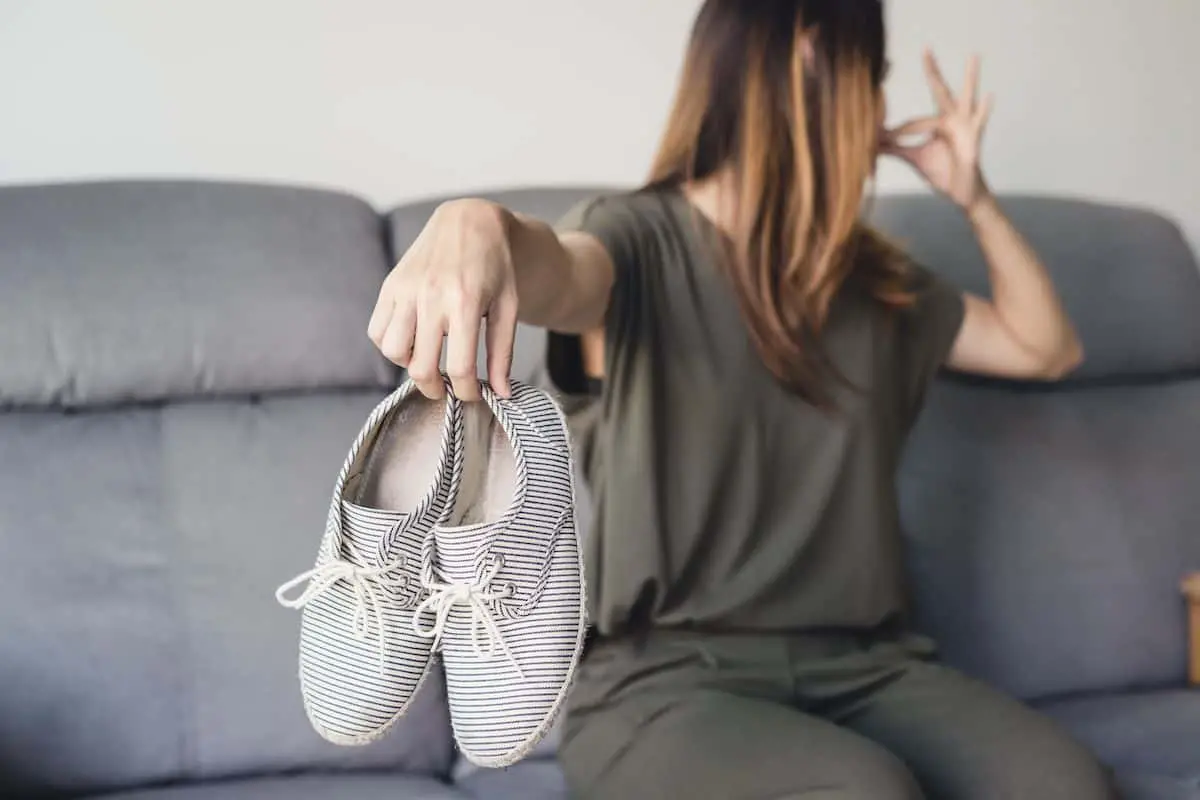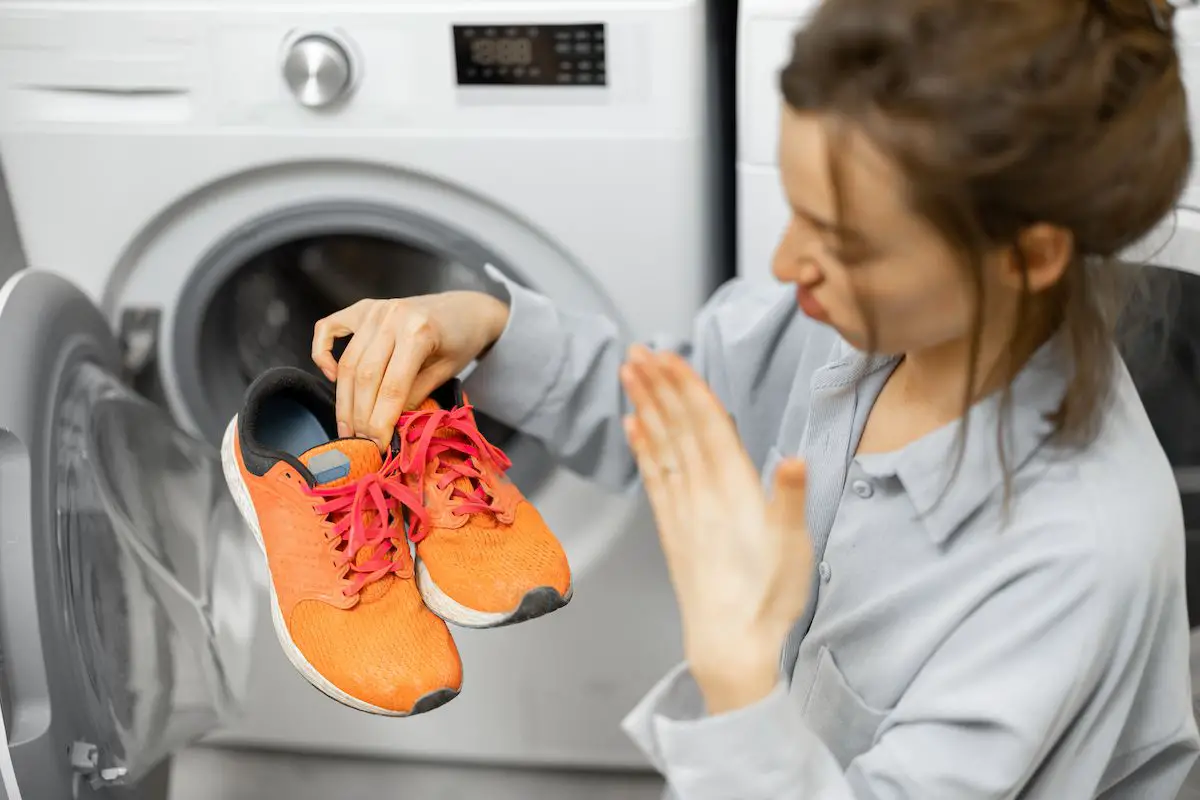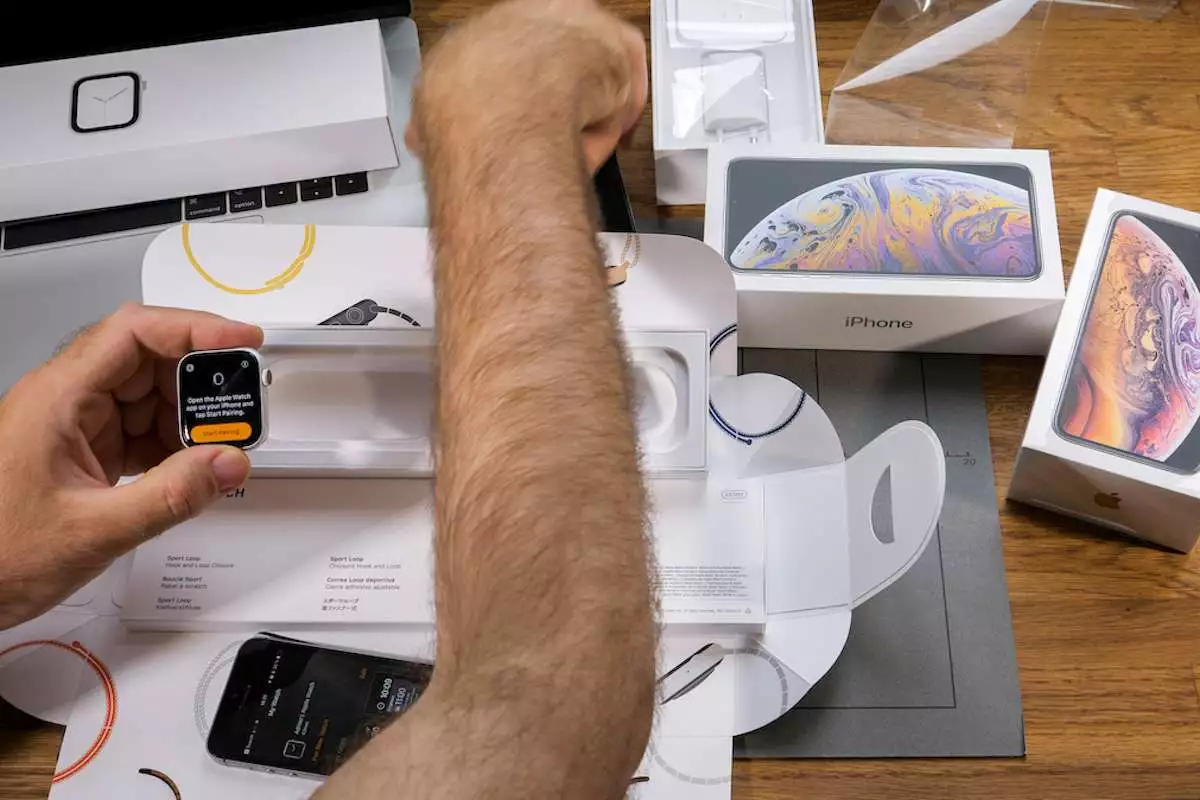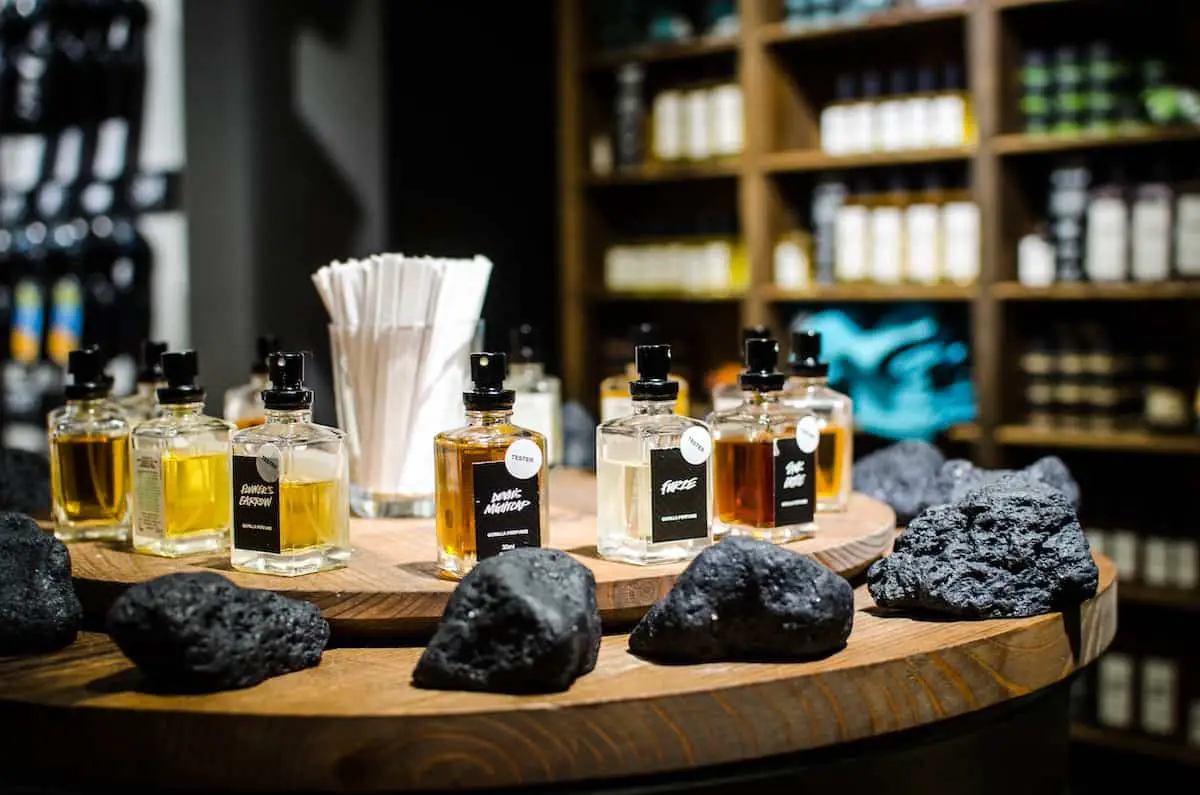How to Make Shoes Smell Better? [Comprehensive Guide!]
As a fitness enthusiast, I’ve had my fair share of footwear mishaps, and nothing quite compares to the embarrassment of a smelly pair of shoes. But the question that I often had was what to do with my stinky shoes! How do I get rid of this foul smell from my shoes and make them smell better?
To make shoes smell better, consider employing natural deodorizers like baking soda. Simply sprinkle it inside your shoes and let it sit overnight to absorb the odors. Additionally, airing out your shoes regularly and maintaining good foot hygiene can significantly mitigate unpleasant smells.
I faced this issue multiple times now, and I’ve been successfully able to fix this problem for myself and my other room partners. So, don’t worry, because transforming those funky odors into fresh scents is an achievable feat, and I’m here to guide you on how to make your shoes smell better!
So, let’s dive in!
Understanding the Problem: Why Do Shoes Smell Bad?
To begin, let’s delve into the perplexing issue at hand: why do shoes smell bad? It’s a question that has puzzled many a shoe-lover and has often been dismissed as just a necessary evil of wearing shoes. However, the truth is far more interesting and scientific than that.
The Science Behind Smelly Shoes

In order to comprehend the stench that often invades our footwear, a basic understanding of sweat and bacteria’s role is required. When our feet sweat inside shoes, this sweat isn’t readily evaporated due to the enclosed space. Bacteria, which naturally exist on our skin, feast on this sweat and break it down. The process results in the production of isovaleric acid, a compound responsible for the notorious smell we equate with foot odor.
To put it in simpler terms, it’s not the sweat itself that smells. Rather, it’s a byproduct of the bacteria’s feast on our sweat that leads to the unpleasant odor. Interestingly enough, each person’s unique combination of bacteria and sweat can result in a slightly different foot odor, which explains why some people’s shoes might smell different than others.
Factors That Contribute to Shoe Odor
Now that we’ve unveiled the science behind smelly shoes, let’s explore the factors that can exacerbate this issue. It’s important to understand that while foot odor is natural, certain conditions can amplify the smell.
Firstly, the type of shoe can play a significant role. Shoes made from synthetic materials tend to create a more conducive environment for bacteria to thrive, as they’re less breathable than their natural counterparts like leather or canvas.
Secondly, personal hygiene and foot care are paramount. Regularly washing and drying your feet can keep bacterial growth in check, reducing the intensity of the smell. Using clean socks, particularly those made from moisture-wicking materials, can also help absorb sweat and reduce odor.
Thirdly, the climate in which you live can impact the smell of your shoes. In hotter, more humid climates, your feet are more likely to sweat, which can lead to increased bacteria and, consequently, more odor.
Lastly, certain medical conditions such as hyperhidrosis (excessive sweating) or bromhidrosis (excessive body odor) can contribute to shoe odor. If you believe you may be suffering from these conditions, it’s advised to seek medical advice.
Overall, understanding the scientific process behind shoe odor and the factors that contribute to it is the first step towards finding effective solutions. In the next sections, we will delve into how to make your shoes smell better, using this knowledge as our foundation.
Comprehensive Guide on How to Remove Smell from Shoes
Now that we’ve understood what causes the foul smell in our shoes, let’s take a look at how to remove the smell from shoes:
Daily Practices to Keep Shoes Smell Fresh
Keeping your shoes smelling fresh is a matter of routine maintenance, a series of daily practices that can help prevent the build-up of unpleasant odors.
1. Air Out Your Shoes Regularly
One of the simplest yet effective ways to keep your shoes fresh is to air them out regularly. It’s an easy step that many overlook, but it can make a significant difference in the overall freshness of your footwear. After you take off your shoes, leave them in a well-ventilated area to allow any sweat and moisture to evaporate. This practice aids in preventing the growth of bacteria, the main culprit behind unpleasant shoe odors.
2. Rotate Your Shoes
Another effective practice is to rotate your shoes. Wearing the same pair day in and out will not give them enough time to fully dry, leading to a damp environment that’s ideal for bacterial growth. By rotating your footwear, you’re permitting them to dry out completely, thereby reducing the risk of odor buildup.
3. Keep Your Feet Clean and Dry
The final daily practice is to keep your feet clean and dry. Sweaty feet are often the prime contributor to smelly shoes. Therefore, maintaining proper foot hygiene and ensuring your feet are dry before slipping on your shoes can significantly reduce the chances of odor development.
How to Get the Smell Out of Shoes Using Household Items?
Should your shoes already have an unpleasant odor, worry not. There are several household items that can help you refresh them.
1. Baking Soda for Smelly Shoes
Baking soda is a potent odor neutralizer. Sprinkle some inside your shoes and let it sit overnight. The baking soda will absorb the odors, leaving your shoes smelling fresher.
2. Using Baby Powder in Shoes
Like baking soda, baby powder can also absorb moisture and reduce odors. Sprinkle a generous amount into your shoes and let it sit for a few hours before shaking out the excess.
3. The Power of White Vinegar
White vinegar’s acidic properties make it another effective tool against shoe odors. Mix equal parts white vinegar and water, then spray the solution inside the shoes. Let them air dry after, and the vinegar should neutralize any remaining bad smells.
How to Remove Plastic Smell from Shoes?
A different kind of odor problem is the plastic smell that comes with new shoes, particularly those made of synthetic materials.
The plastic smell in new shoes is often due to residual chemicals used during the manufacturing process. While not harmful, the smell can be off-putting and linger for a while.
To remove this smell, start by airing out the shoes. If the odor persists, wipe them down with a cloth soaked in a mixture of water and white vinegar, then leave them to air dry.
Overall, these practices and remedies offer an effective solution to shoe odors. It’s all about being proactive with shoe care, using readily available household items, and understanding the cause of the odors. By following these guidelines, you can enjoy a fresh pair of shoes every day.
How to Clean Smelly Sneakers?
A common way that most people use to get rid of the smell from your shoes or sneakers is by washing them. Washing the shoes by hand is assumed to be the safest for the shoe as it may incur less damage. However, this method also requires more effort and time.
That said, if you follow the right process, washing your shoes can be quite easy. Let’s take a look at how to wash your shoes to get rid of the smell.
The Right Way to Wash Smelly Shoes by Hand
When it comes to eradicating that unpleasant odor from your sneakers, washing them by hand is a tried and true method. First, you’ll want to remove the insoles and laces. This ensures every nook and cranny gets thoroughly cleaned, and it also prevents the laces from becoming entangled or damaged.
Next, use a soft brush (an old toothbrush will do perfectly) to remove superficial dirt. Then, prepare a solution of warm water and a gentle detergent. Immerse your brush in this concoction and scrub the shoes, paying particular attention to areas that are especially dirty or smelly.
After scrubbing, rinse your sneakers under warm running water until the water runs clear, indicating that all the soap has been washed away. Lastly, pat the shoes with a towel to soak up excess water and let them air dry, away from direct sunlight which can warp their shape and fade colors.
Machine Washing Your Shoes: Dos and Don’ts

While hand-washing is highly effective, it can be time-consuming. Hence, machine washing is a tempting alternative. However, you must exercise caution to prevent damaging your sneakers.
I’ve actually written a detailed guide on how to wash shoes in the washing machine. Make sure to check out that article as well! Meanwhile, here’s the snapshot of the process:
Begin by removing laces and insoles, as you would when hand washing. Place your sneakers in a pillowcase or washing bag to protect them from the rough tumbling inside the machine. Use a gentle cycle, cold water and mild detergent.
However, refrain from using bleach, which can damage the shoe’s material, and avoid high heat settings that can warp the shoes. Importantly, never make the blunder of putting your shoes in the dryer, as intense heat can cause severe damage. Instead, allow them to air dry.
Caring for Your Sneakers Post-Washing
Post-washing care is as crucial as the cleaning process in the quest to eliminate shoe odor. Firstly, ensure your sneakers dry completely before wearing them, as dampness can breed bacteria and bring back the stench.
Secondly, consider using baking soda or shoe deodorizers inside your shoes to absorb any remaining odors. Also, consider investing in antimicrobial shoe liners or sprays to keep your sneakers fresh and odor-free for longer.
Lastly, remember to store your sneakers in a cool, dry place. If you’ve been wearing them all day, give them a chance to air out overnight before stuffing them in a closed cabinet or gym bag.
Overall, the key to making shoes smell better is to maintain a regular cleaning routine, paired with appropriate post-washing care. With these tips, you can keep your sneakers in prime condition and prevent them from becoming a source of unpleasant odors.
Extra Tips to Get Rid of Stinky Shoes
In addition to everything that I’ve mentioned above, here are a few additional tips and points that you should keep in mind in order to get rid of the smell from your stinky shoes in an effective way
1. The Role of Shoe Inserts and Odor-Eaters
Shoe inserts and odor-eaters play a significant role in combating unpleasant odors in shoes. These products are designed to absorb sweat and neutralize odors, making them an effective solution for maintaining fresh-smelling footwear.
Some shoe inserts also have antimicrobial properties, which can help prevent the growth of bacteria that cause bad smells. Overall, using shoe inserts and odor-eaters can significantly enhance the freshness of your shoes.
2. How to Remove Smell from Wet Shoes?
Wet shoes are a common culprit for unpleasant odors. The damp environment provides the perfect breeding ground for bacteria and mold, which are often the source of the smell.
A. Preventing Shoe Odor After Exposure to Water
To prevent shoe odor after exposure to water, start by thoroughly drying your shoes. This can be achieved by stuffing them with newspaper or using a shoe dryer. Avoid placing them near a heat source as this can damage the material. Once dry, sprinkle baking soda inside to absorb any remaining moisture and odors. Regularly airing out your shoes will also help keep them fresh.
B. Dealing with Mold and Mildew
Mold and mildew can be a nightmare for shoe owners. They thrive in damp conditions and can produce a musty smell. To tackle this issue, first, clean your shoes with a mild detergent. Then, use a solution of vinegar and water to kill the mold spores. Dry your shoes thoroughly afterward. For persistent problems, consider using a specialized mold and mildew remover.
3. Foot Odor Remedy for Shoes
Foot odor can permeate shoes, leading to a lingering smell even when the shoes are not being worn.
Understanding and Treating Foot Odor
Foot odor is primarily caused by sweat and bacteria. When your feet sweat, the moisture can get trapped in your shoes, creating an environment where bacteria can thrive and produce unpleasant odors. To treat foot odor, maintain good foot hygiene by washing your feet regularly and thoroughly drying them before putting on shoes. Using antifungal powders or sprays can also help.
Products to Help Control Foot Odor
There are numerous products on the market designed to control foot odor. These include odor-absorbing shoe inserts, antibacterial shoe sprays, and specialized foot deodorants. Choosing the right product will depend on the severity of the odor and your personal needs. Remember, these products are most effective when used in conjunction with good foot hygiene.
How to Make Your Shoes Smell Better?
Embarking on a quest to make your shoes smell better can seem like a Herculean task, but with the right approach, it can be as easy as lacing up those very shoes. From fragrance sprays and deodorizers to natural ingredients, there are myriad ways to enhance your shoe fragrance. Let’s explore these various methods in detail:
1. Fragrance Sprays and Deodorizers

Fragrance sprays and deodorizers can be your first line of defense in the battle against unpleasant shoe smells. These products work by neutralizing the odor-causing bacteria in your shoes. What’s more, they leave behind a fresh, clean scent that can make your shoes smell like they’ve just been purchased from the store.
Some of the most effective deodorizers contain antimicrobial agents that not only mask the smell but also prevent future odors from developing. When selecting a spray, opt for one that is specifically designed for shoes and has positive reviews for its effectiveness and long-lasting scent.
2. Using Natural Ingredients to Enhance Shoe Fragrance
If you prefer a more organic route, there are several natural ingredients that can help to make your shoes smell better. These include baking soda, essential oils, and even citrus peels.
Baking soda is a potent natural deodorizer. Simply sprinkle a generous amount inside your shoes and let it sit overnight. In the morning, shake out the excess baking soda, and you’ll notice a significant reduction in odor.
Essential oils, on the other hand, are not just for aromatherapy. They can also be used to improve your shoe fragrance. A few drops of tea tree, lavender, or peppermint oil can do wonders for eliminating shoe odor.
Lastly, don’t underestimate the power of citrus peels. They contain natural oils and acids that can help neutralize shoe odors. Just place a fresh orange, lemon or grapefruit peel inside each shoe and leave it overnight.
3. Other Ways to Make Your Shoes Smell Better
There are also other measures you can take to make your shoes smell better. For instance, make sure your feet are clean before putting on shoes. Sweat and dirt can contribute to shoe odor, so it’s important to maintain good foot hygiene.
Another important factor is to allow your shoes to dry out completely between wears. Moisture is a breeding ground for bacteria – the primary culprit behind odorous shoes.
Overall, keep in mind that every pair of shoes is different and what works for one, might not work for another. Experiment with different methods and find the one that suits you and your shoes best. Remember, a fresh-smelling pair of shoes is not just pleasant for you, but also for those around you.
Key-takeaways:
1. Shoe odor is primarily caused by bacteria feasting on our sweat, producing isovaleric acid, which emits the notorious smelly shoe scent.
2. Factors contributing to shoe odor include the type of shoe material, personal hygiene, the climate, and certain medical conditions such as hyperhidrosis or bromhidrosis.
3. Daily practices to prevent shoe odor include airing out shoes, rotating footwear, keeping feet clean and dry, and using natural deodorizers like baking soda or baby powder.
4. The right way to wash smelly shoes involves removing insoles and laces, scrubbing with a soft brush in a warm water and detergent solution, rinsing thoroughly, and allowing them to air dry.
5. Shoe inserts and odor-eaters, good foot hygiene, odor-absorbing shoe inserts, antibacterial shoe sprays, and specialized foot deodorants are all viable methods to combat and prevent unpleasant shoe odors.


![Does Apple Watch Need Screen Protector? [With Suggestions!]](https://styleuphq.com/wp-content/uploads/2022/05/Apple-Watch-Screen-display-protector-1197x800.jpeg)


![Does Apple Watch Come with a Band? [Here’s What to Know!]](https://styleuphq.com/wp-content/uploads/2022/05/Apple-Watch-Band--1006x800.webp)
![Using Perfume for Dogs: Is it Dangerous? [Comprehensive Guide!]](https://styleuphq.com/wp-content/uploads/2021/09/portrait-of-happy-multiracial-couple-scratching-th-9ZJ73ZW-optimized-1200x800.jpeg)